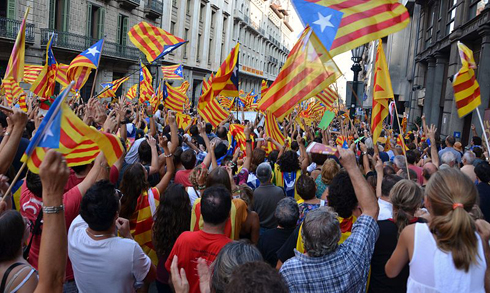
This article was originally published on 9 May 2014 by openDemocracy
Thirty-five year old Jorge is a nurse in a health centre in Madrid. During a demonstration against health cuts in March of last year he was arrested and accused of attempting to assault a politician. Television footage later showed he had been several metres away and protesting peacefully.
Four months earlier he had been convicted of taking part in an “unauthorised assembly” when protesting at an eviction. He was fined €301 for causing serious public disorder in a public place or causing damage. I’ve seen a video of the action and it shows a group of people urging bailiffs not to throw someone out of their home—it doesn’t even seem that voices were raised.
Six months before that he had received a letter saying he would be fined for “disobeying the orders of the police” when told to disperse during another demonstration. The police told the demonstrators that they had not been notified in advance of the demonstration and that that had made it unlawful.
I’ve spent time with Jorge. He is not a professional agitator: it would be hard to find a nicer and gentler man. But he is typical of many Spanish people who believe the response of their authorities to the deepest economic crisis many can remember must be questioned.


